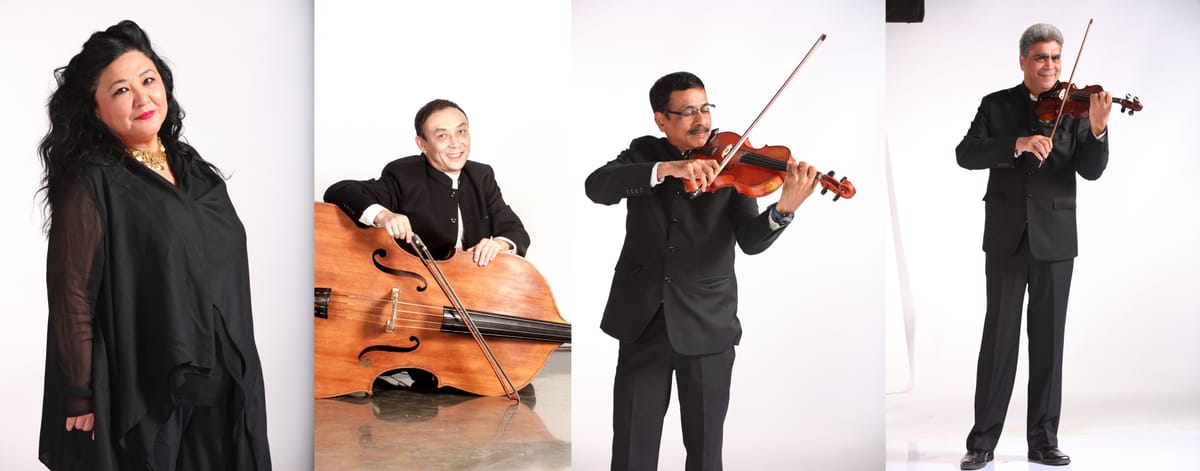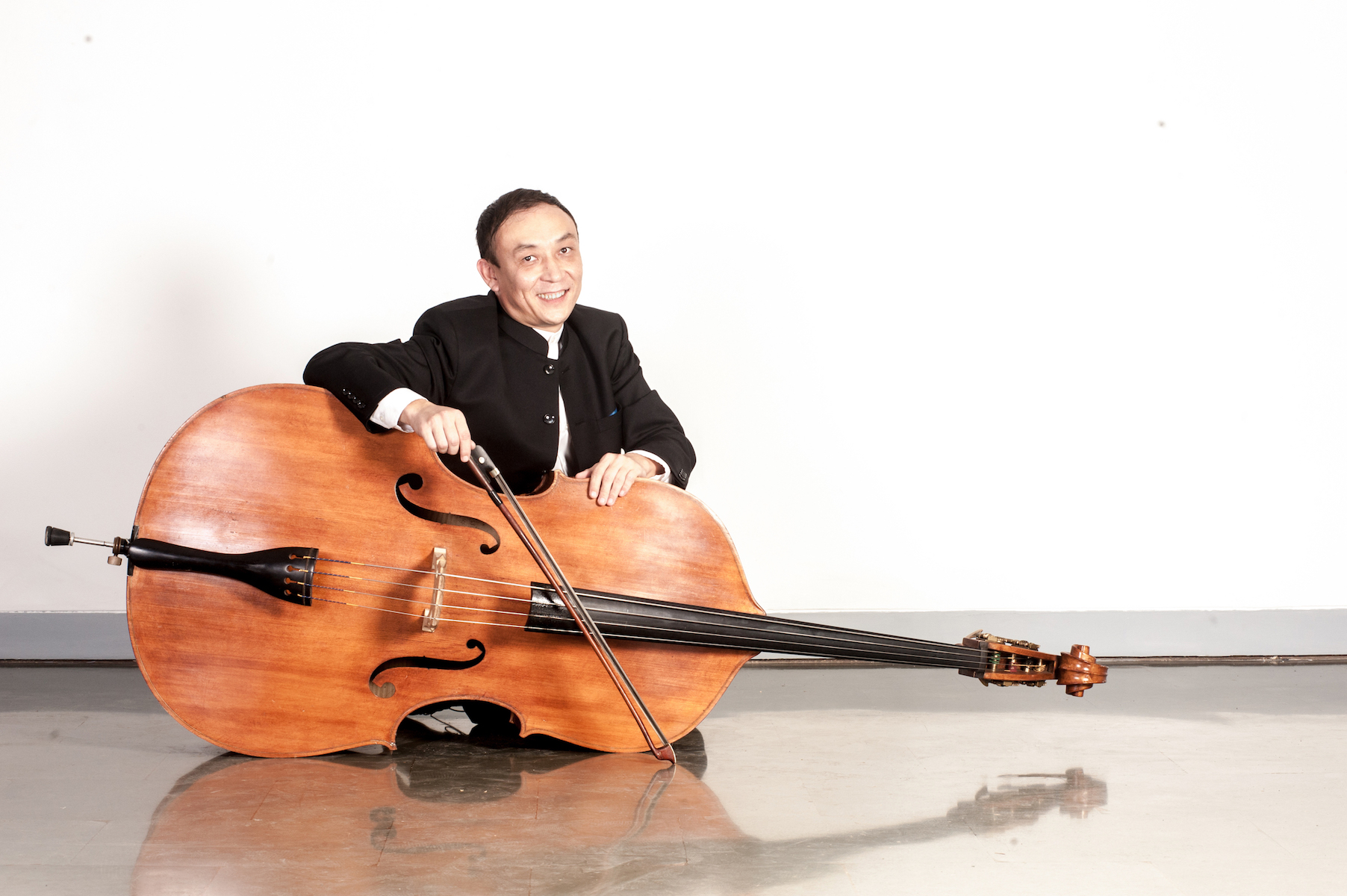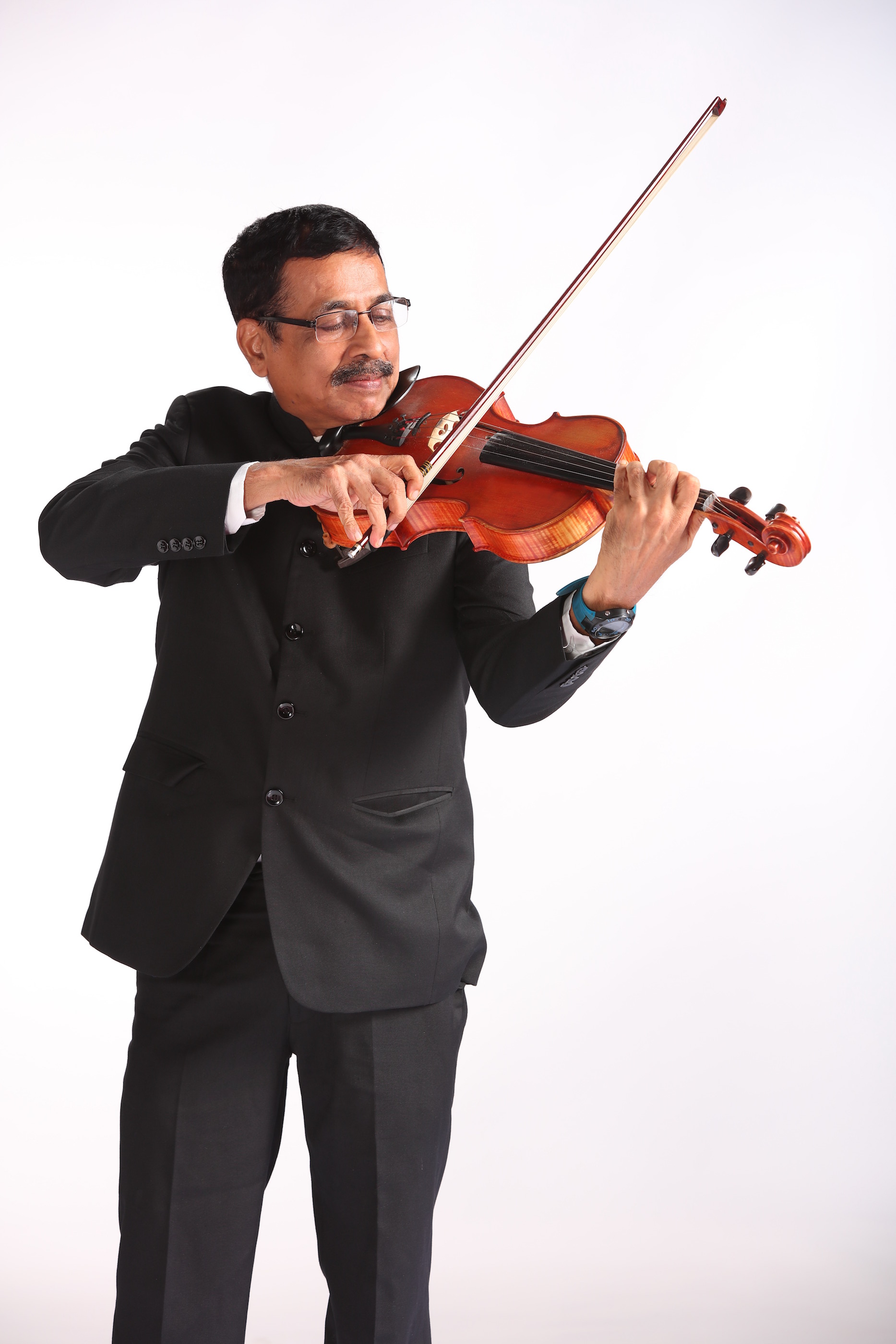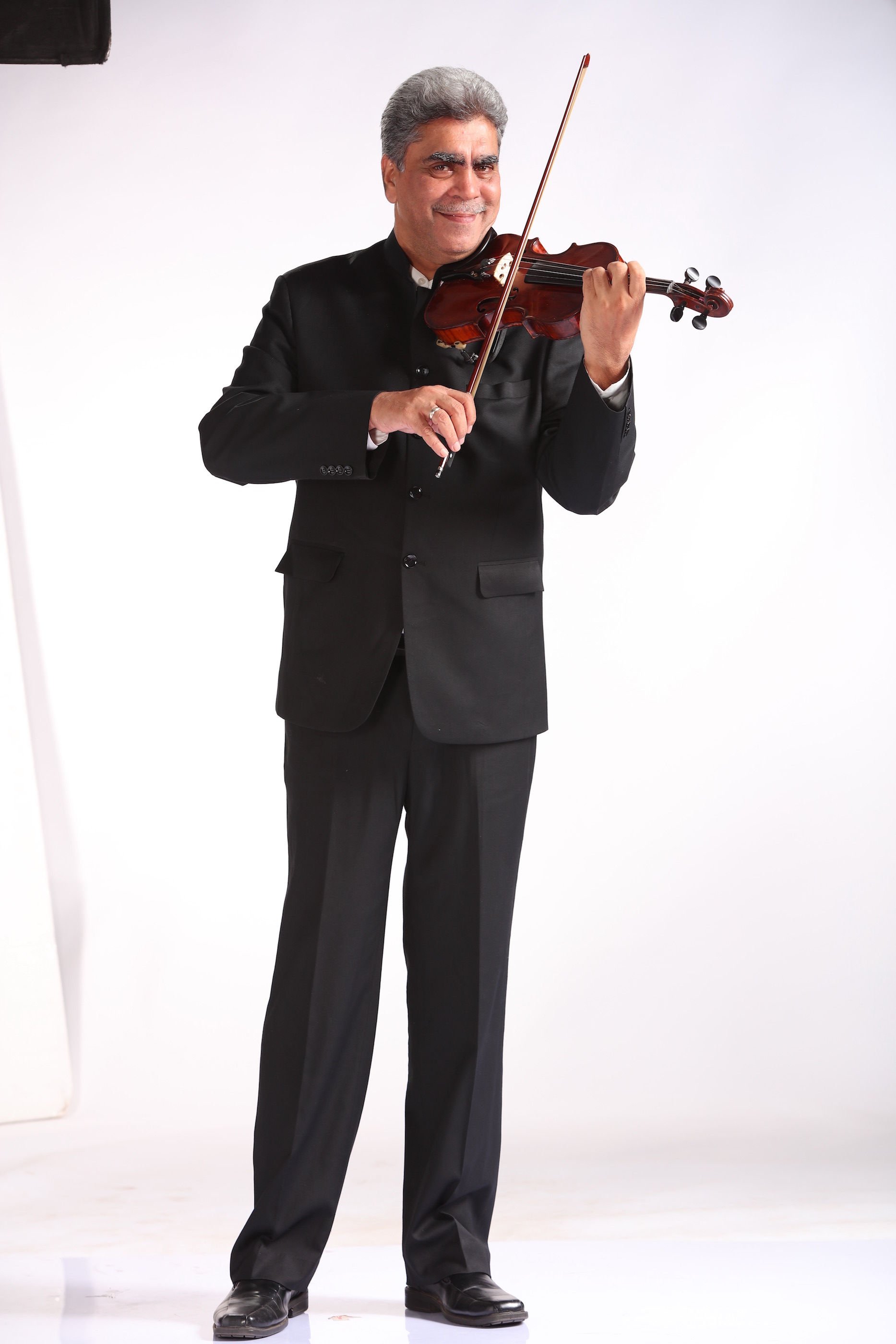The Music Makers: Volume 3

We take a closer look at some of the people who have been an integral part of the Symphony Orchestra of India.

AIDA BISENGALIEVA, PIANO
ON Stage: How did your collaboration with the SOI begin?
Aida Bisengalieva: My association with the SOI began in 2006. In the very first season, we presented Tchaikovsky’s ballet The Nutcracker in which I played the celesta and harp parts on the keyboard along with the chimes. Since then, I have been playing the piano, celesta and organ parts whenever the score calls for it.
OS: Describe a regular working day in the life of a resident SOI musician.
AB: Being a pianist in an orchestra is a very rare opportunity, because it requires a different set of skills, and there can be only one pianist no matter how big or small the orchestra is. Long before the concert, it is necessary to learn not only my part but also how it fits in with the entire score. A typical day starts in the morning till late afternoon, after which I start to teach piano in the SOI Music Academy.
OS: Could you describe what you believe was your best performance with the SOI till date?
AB: My most unforgettable performance was my part in Stravinsky’s Suite from The Firebird in 2009 under conductor Adrian Leaper. It was vibrant and highly inspirational, and I identified with it completely.
OS: Similarly, what has been your most fulfilling teaching experience with the SOI?
AB: I feel most fulfilled when I see the student growing not only musically, to the point where he or she is able to play a solo with the orchestra, but also maturing emotionally and intellectually. When one of my students showed me her own composition, I felt really satisfied.
OS: Why, according to you, is music important?
AB: We have music all around us. Even the ticking of the clock or the rolling of thunder has its own music. Can you imagine life without music even for a minute?
OS: How did you decide to become a musician?
AB: It was my karmic destiny.
OS: Have you explored other genres of music?
AB: I do enjoy jazz, country and Bollywood, and I hope to be able to involve myself in these someday.
OS: What is your all-time favourite work of music and why?
AB: It is impossible to select just one masterpiece but if I had to, it would be Verdi’s Aida for obvious reasons.

BAKIR UTEPBERGENOV, DOUBLE BASS
ON Stage: How did your collaboration with the SOI begin?
Bakir Utepbergenov: In 2005, I was working as a musician with virtuoso violinist Marat Bisengaliev in the West Kazakhstan Philharmonic Orchestra. In 2006, I started working with the SOI. My long association with the orchestra has been from its first season.
OS: Describe a regular working day in the life of a resident SOI musician.
BU: We spend our mornings rehearsing with our conductor in preparation for the many concerts presented by the SOI not only in Mumbai, but all over India. After rehearsals, we spend our time teaching children at the SOI Music Academy.
OS: Could you describe what you believe was your best performance with the SOI till date?
BU: I am very proud to be a part of the SOI. Many of our performances have been memorable for me, including the concerts we presented in Moscow, Switzerland, Abu Dhabi, Oman and, more recently, in the UK.
OS: What has been your most fulfilling teaching experience with the SOI?
BU: It makes me very happy when my students perform well in exams and concerts.
OS: Why, according to you, is music important?
BU: Music is very important because without music, no person can be complete. Music is a great cultivator of culture in a person who either studies it as an artiste or enjoys it as a listener.
OS: How did you decide to become a musician?
BU: When I was very young, I used to play a traditional Kazakh folk instrument called dombra. When my father saw my music skills he took me to a special music school named after musicologist Ahmet Zhubanov in Almaty. There, upon seeing my hands, the teachers advised me to take up the double bass.
OS: Have you explored other genres of music?
BU: My main genre is Western classical music but I also like jazz and popular music. I find Indian classical music very interesting, more so because it is so rich in tradition.
OS: What is your all-time favourite work of music and why?
BU: I think no serious musician can love only one piece. I like all the great composers.

FRANCIS MENDES, VIOLA
ON Stage: How did your collaboration with the SOI begin?
Francis Mendes: I got a call from Alfred D’Souza inviting me to audition with Marat Bisengaliev in 2005. I did and have been working with the SOI since its inception.
OS: Describe a regular working day in the life of a resident SOI musician.
FM: We begin with the basics: pitching, scales, arpeggios. Along with rehearsals, we also have some fun. In the viola section, there are four of us and we sometimes play games. Our favourite is when each person plays a note from the scale and it passes from one to another, sort of like musical chairs. The music doesn’t stop, but the person who falters is out of the game.
OS: Could you describe what you believe was your best performance with the SOI till date?
FM: My most memorable performance was definitely when we presented Scheherazade by Rimsky-Korsakov, conducted by Martyn Brabbins at Usher Hall in the UK in February 2019.
OS: Why, according to you, is music important?
FM: Music gives wings to one’s imagination. It brings out emotions that words cannot express.
OS: How did you decide to become a musician?
FM: I was born in a family of professional musicians. I am a third generation musician. I was presented a one-eighth violin as a gift when I was born. Music is a way of life and there could be no other.
OS: Have you explored other genres of music?
FM: No, as there is still so much I have to explore in solo and chamber music. I did, however, move from the violin to the viola to expand my range of deeper, melancholic sounds.
OS: What is your all-time favourite work of music and why?
FM: It has to be Beethoven’s Symphony No. 9 in D minor. In my first ever concert. I played the second violin in the symphony when I was part of the Bombay Chamber Orchestra years ago. Later, with the SOI, I played the viola when we toured in Moscow. The symphony holds a special place in my heart.

MARIO FERNANDES, VIOLIN
ON Stage: How did your collaboration with the SOI begin?
Mario Fernandes: I was called in for an audition but failed in the first attempt. Later, I was called back and this time around, it worked out.
OS: Describe a regular working day in the life of a resident SOI musician.
MF: We start by practicing scales. We spend a major portion of the day practising pieces we have to play on a regular basis as part of our season programme.
OS: Could you describe what you believe was your best performance with the SOI till date?
MF: I can’t really choose any one particular performance. Every year, it is challenging and satisfying because we are always playing under different conductors and with different musicians.
OS: Why, according to you, is music important?
MF: Music is very important for every human being, irrespective of whether you play an instrument or just listen to music. It can evoke so many different emotions; it can make you dance, happy, emotional and can even calm your mind.
OS: How did you decide to become a musician?
MF: I became a musician because I was inspired by my father. He used to play the violin as well.
OS: Have you explored other genres of music?
MF: Besides Western classical music, I enjoy Bollywood music.
OS: What is your all-time favourite work of music and why?
MF: My all-time favourite work of music is ‘Méditation’, which is a symphonic intermezzo from the opera Thaïs by French composer Jules Massenet. It always brings me peace and calm.
All Images © NCPA Mumbai
This piece was originally published by the National Centre for the Performing Arts, Mumbai, in the May 2019 issue of ON Stage – their monthly arts magazine.





